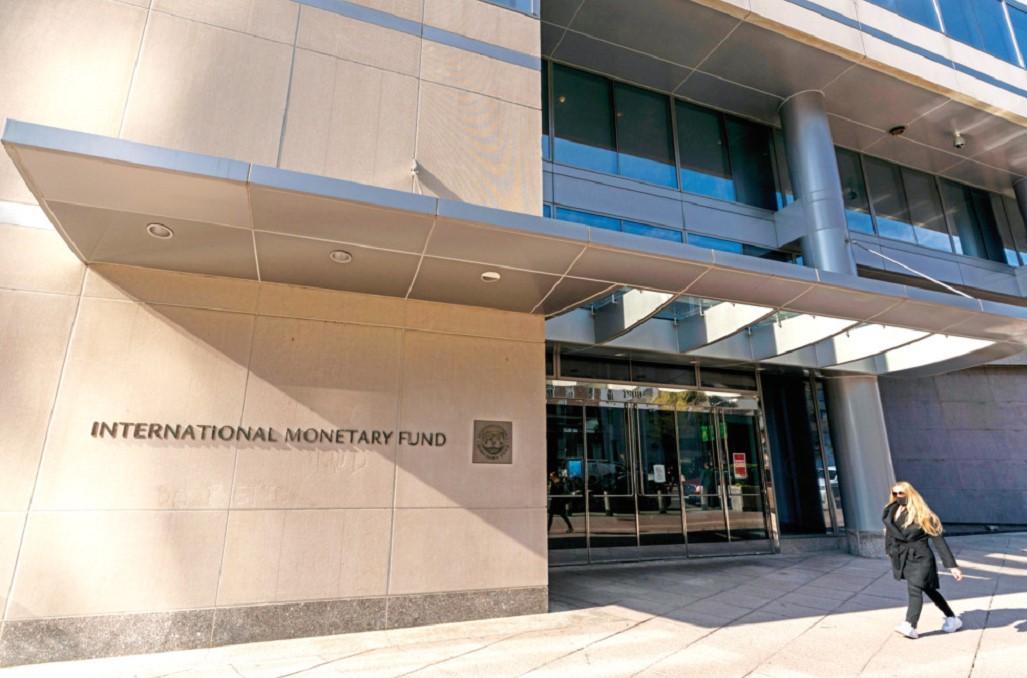
The International Monetary Fund is facing pressure to reevaluate how it imposes fees on loans it disperses to needy countries like war-torn Ukraine which is one of the fund’s biggest borrowers.
The move comes as more countries will need to turn to the IMF, as food prices and inflation internationally continues to rise.
Surcharges are added fees on loans imposed on countries that are heavily indebted to the IMF.
Treasury Deputy Secretary Wally Adeyemo said in Aspen last month that finance ministers of several countries realize they have to pay a price for Russia’s war in Ukraine, especially with food prices going up.
“They’re going to have to go to the IMF, they’re going to need to find assistance,” Adeyemo said.
However, the IMF fee system could change through U.S legislation. An amendment to the National Defense Authorization Act, otherwise known as the defense spending bill, would suspend IMF surcharges while their effectiveness and burden on indebted countries is studied.
That was passed by the U.S. House in July. The Senate is expected to vote on its defense bill in September.
As the largest IMF shareholder and member of the Fund’s executive board, the U.S. can push for policy decisions and unilaterally veto some board decisions.
Advocates and civil rights organizations lodge the same complaint against the Fund, who claim the organization undercuts its core lender-of-last-resort role with countries in vulnerable positions to pay back debt.
With an ever-worsening risk of a global debt crisis and rising interest rates, the issue has become more pressing for countries looking to reduce their deficits.
However, some economists and representatives of the fund say the surcharges amount to responsible lending behavior, as they provide an incentive for members with large outstanding balances to repay their loans promptly.
This applies especially for countries that may otherwise may not be able to obtain financing from private lenders.
Ukraine’s projected real GDP is expected to decline by 35 percent, due in large part to Russia’s invasion of Ukraine, according to IMF data.
The latest figures estimate that Ukraine will owe the IMF $360 million in surcharges between 2021 and 2023.
Economists Joseph Stiglitz at Columbia University and Kevin P. Gallagher at Boston University wrote earlier this year that “forcing excessive repayments lowers the productive potential of the borrowing country, but also harms creditors’’ and requires borrowers ``to pay more at exactly the moment when they are most squeezed from market access in any other form.”
A spokesperson for the fund says the surcharges are designed to discourage large and prolonged use of IMF resources.
“They only apply to countries with particularly large outstanding loans,’’ Mayada Ghazala said in an emailed statement, adding that poorest countries are exempt from the surcharges.